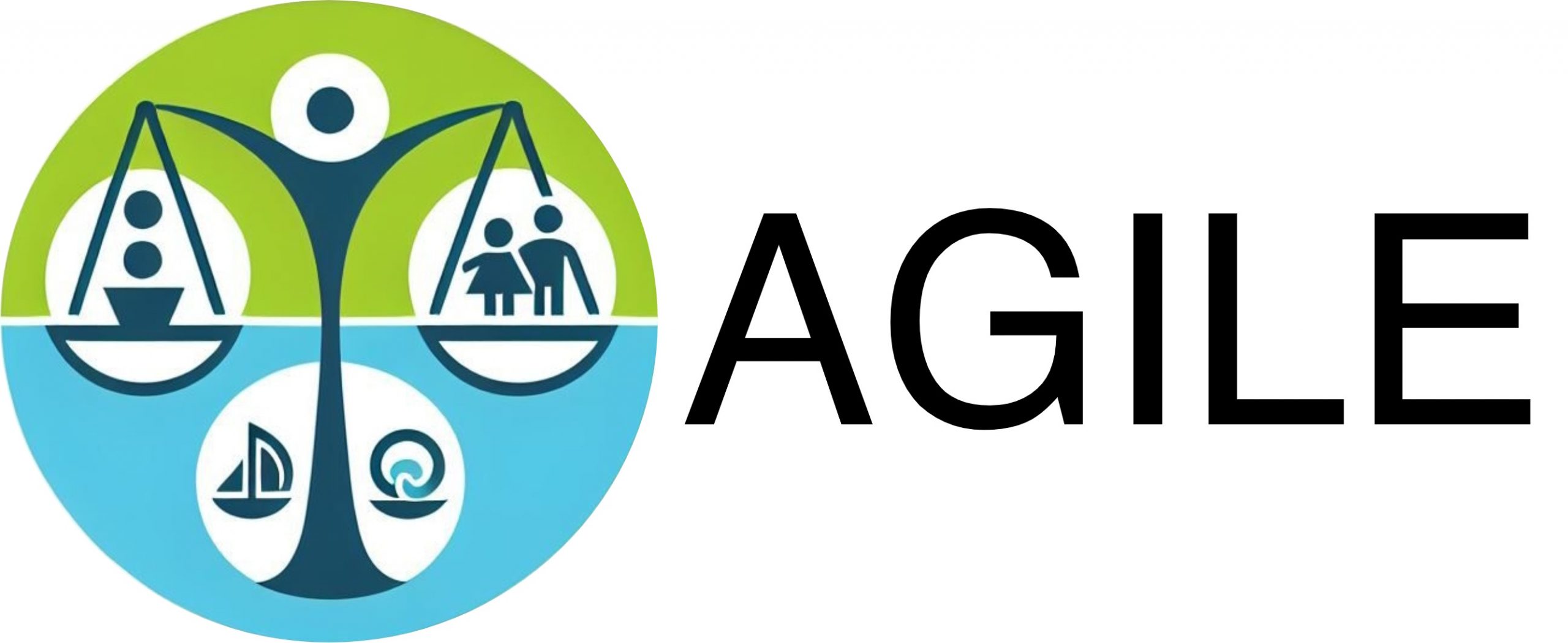Presented by Patric Emmenegger
Authors: Patric Emmenegger and Paul Marx
Abstract
This paper advances the debate on the agency of political actors in Comparative Political Economy (CPE) theories, focusing on Growth Model Theory (GMT). GMT expects stable coalitions around dominant economic sectors, which support growth strategies through lobbying and ideological influence. Despite the explicit goal to account for the domestic politics of growth models, GMT has not developed a politics model that captures agency, uncertainty, and conflict. It thus retains the core problems of the structuralist approaches common in CPE: the reification of policy processes as ‘blocs’ or ‘coalitions,’ a presentism that infers preferences from outcomes, and a narrow focus on economic interests. We demonstrate these limitations through a case study of Germany’s political debate on the European Economic and Monetary Union—in hindsight a major benefit for Germany’s export-led model. Historical evidence reveals deep divisions among policymakers, shaped by uncertainty, geopolitics, national-identity concerns, and short-term opportunism in response to intra-party and electoral threats. These findings challenge the idea of dominant growth coalitions and point to the need for a more flexible politics model. We propose a revised research agenda that draws on public policy scholarship and cultural schema theory. These approaches can incorporate conflicting motives, interpretive frameworks, and strategic uncertainty in the formation of growth strategies, while also accounting for these strategies’ potential persistence.
